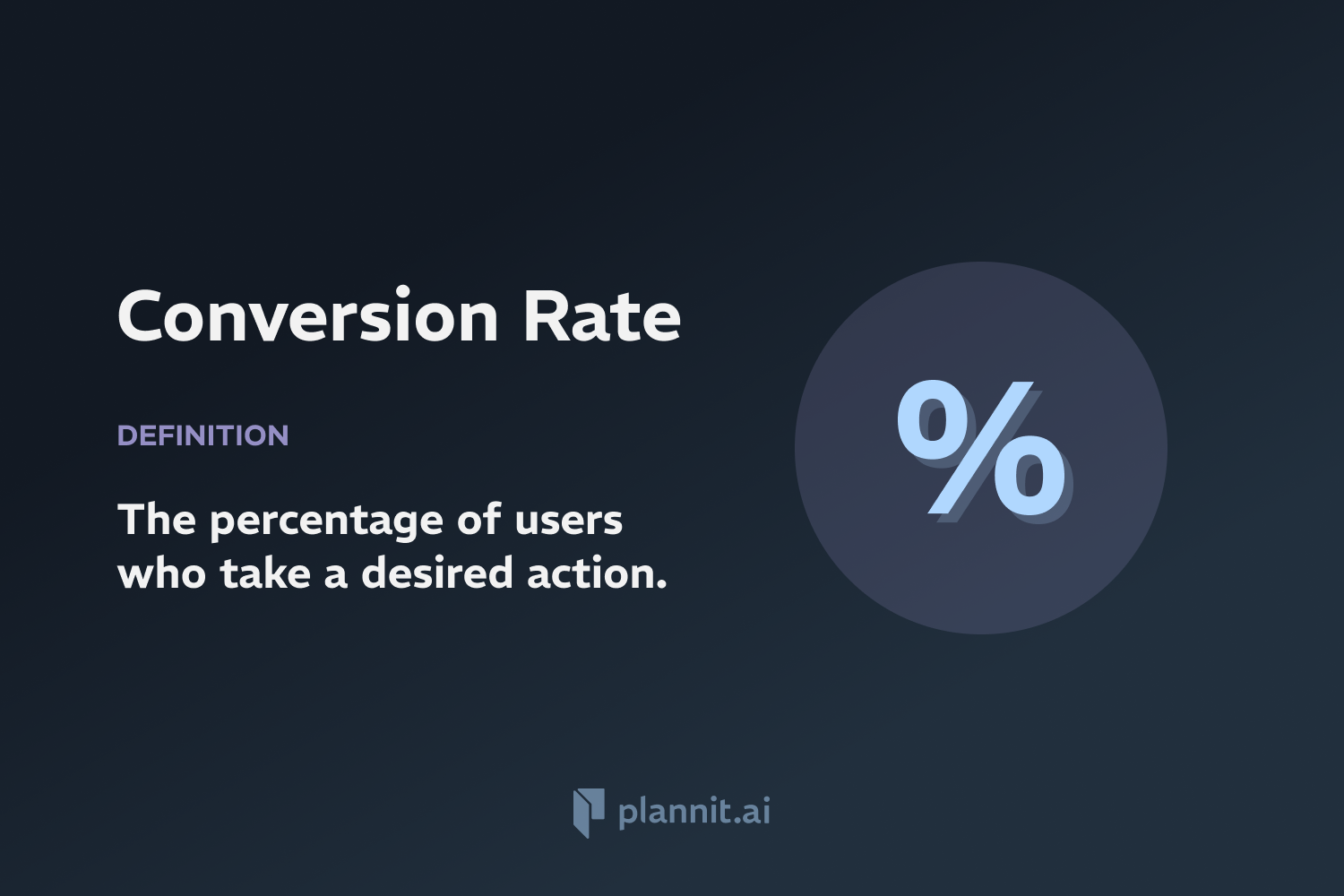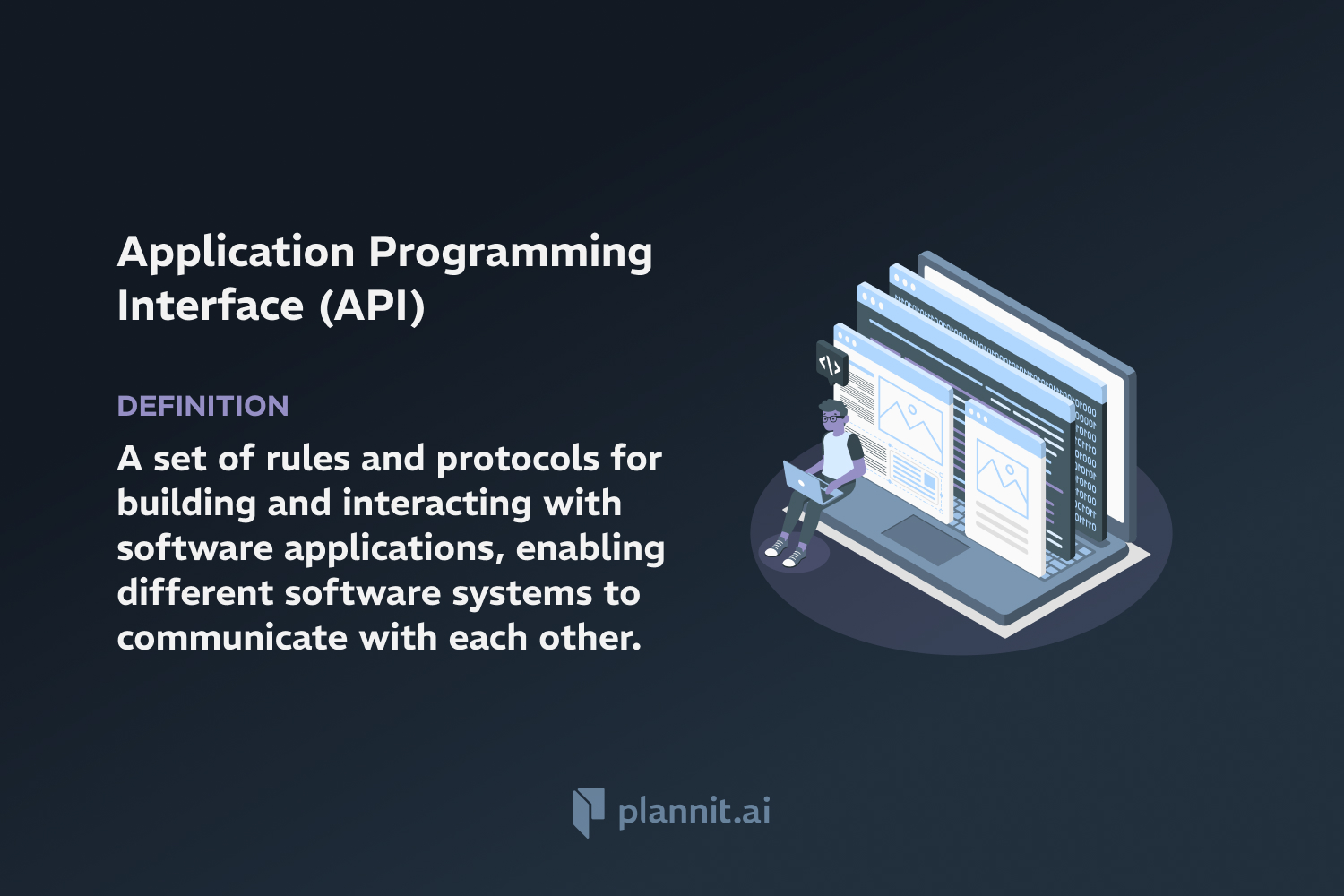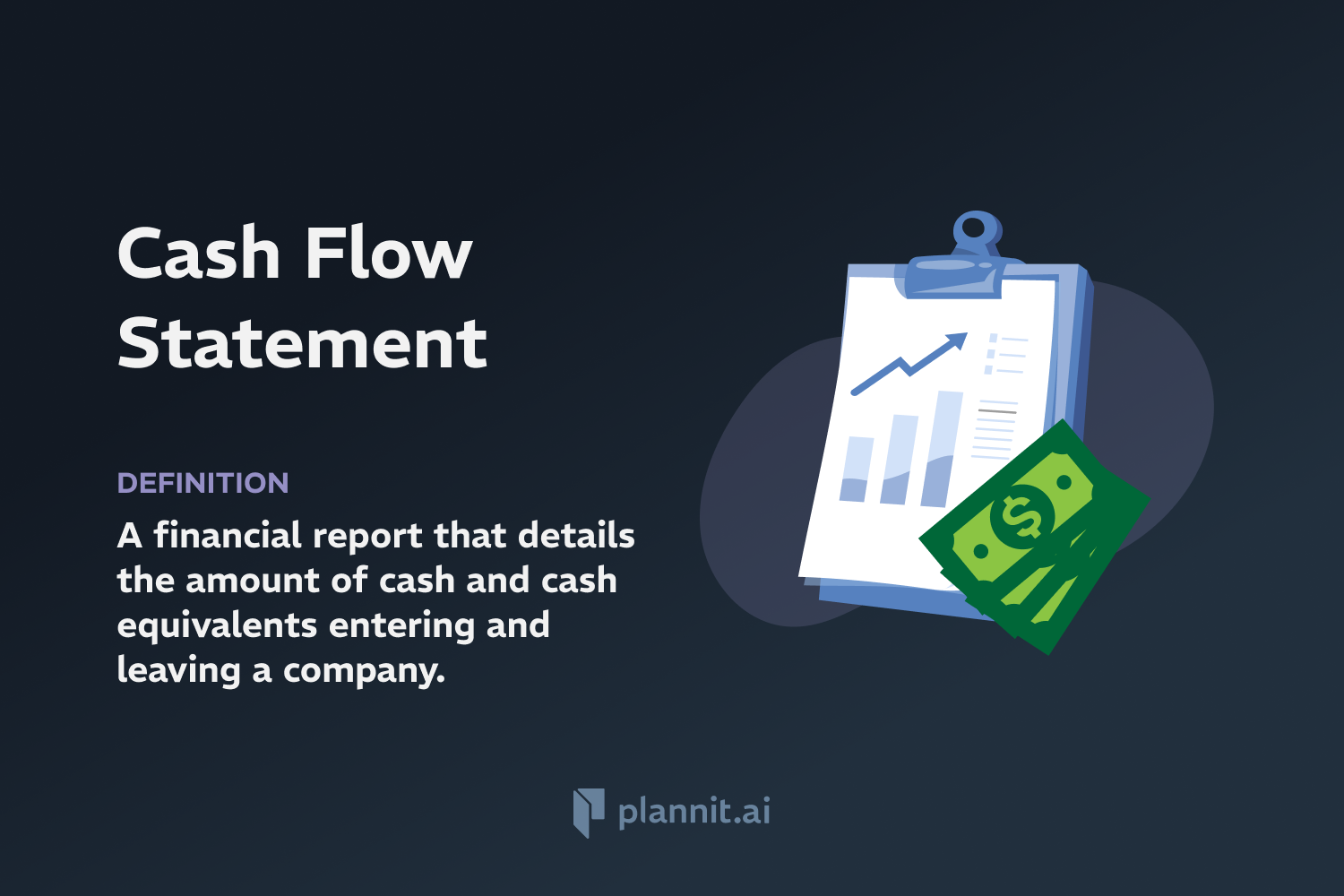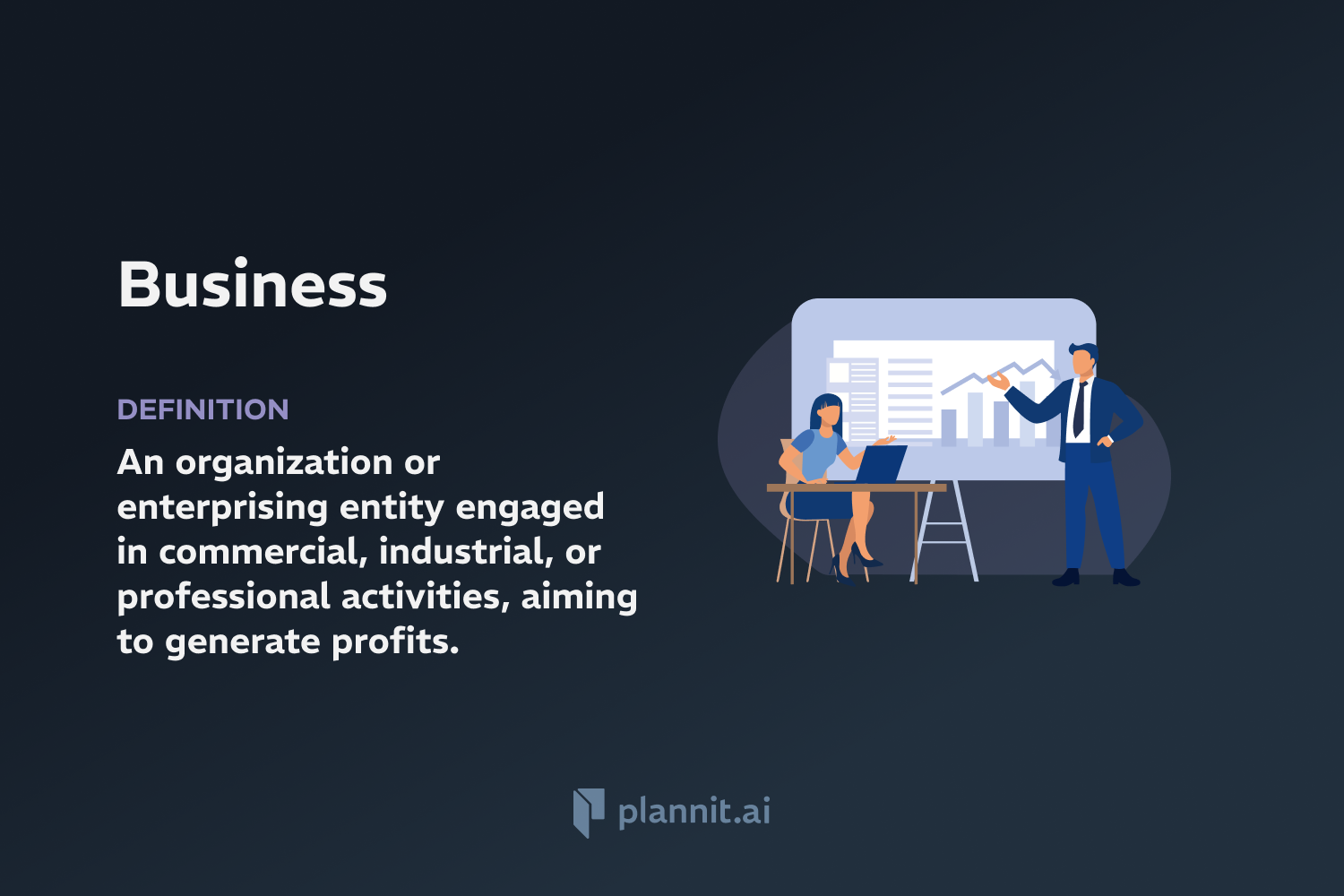Need Help With Your Business Plan?
Answer tailored questions and get a detailed business plan in minutes.
Get StartedConversion Rate: Definition & In-Depth Explanation
AIGenerator.com Team|Conversion rate is a key performance indicator in marketing that measures the percentage of users who complete a desired action out of the total number of users. This metric is commonly used in digital marketing, e-commerce, and general sales environments to assess the effectiveness of specific campaigns, web pages, or user experiences. Desired actions can include making a purchase, signing up for a newsletter, downloading a document, registering for a webinar, or any other quantifiable action that advances a potential customer closer to becoming a customer.
Purpose:
The purpose of tracking conversion rates is to gauge how well a company is succeeding in turning potential leads into completed goals, which are often sales. By understanding conversion rates, businesses can make informed decisions about where to allocate their resources in order to maximize the return on investment (ROI). High conversion rates typically indicate successful marketing tactics and effective user engagement strategies.
Example:
An online retailer has a website where it tracks the number of visitors against the number of purchases. If in one month, the website receives 10,000 visitors and 200 of them make a purchase, the conversion rate would be 2% (200/10,000*100). This metric helps the retailer analyze the effectiveness of their marketing and site design, and then iterate to improve those numbers.
Related Terms:
Click-through Rate (CTR): The percentage of people who click on a link or advertisement after seeing it, used to assess the effectiveness of online advertising campaigns or email marketing strategies.
Lead Generation: The initiation of consumer interest or inquiry into products or services of a business.
A/B Testing: A method of comparing two versions of a webpage or app against each other to determine which one performs better in terms of converting users.
Sales Funnel: The process that companies lead customers through when purchasing products, from the initial stages when someone learns about a service or product to the final purchasing decision.
FAQs:
What is considered a good conversion rate?
A good conversion rate can vary widely by industry, the specific type of conversion, and the platform used. However, on average, a good e-commerce conversion rate is typically around 2-3%, but optimizing for higher rates is always recommended.
How can businesses improve their conversion rates?
Businesses can improve conversion rates by optimizing their websites for usability, improving the quality of their landing pages, personalizing content, reducing checkout friction, conducting A/B tests, and using effective calls to action.
Does a high conversion rate always indicate success?
While a high conversion rate generally indicates successful engagement strategies, it should also be evaluated in the context of other metrics like customer satisfaction, the quality of the conversions (in terms of customer value), and overall profitability.
Can conversion rates affect SEO?
Directly, conversion rates do not affect SEO; however, the user behavior signals related to good conversion processes—like increased time on site and reduced bounce rates—can indirectly influence SEO rankings.
Why is it important to track conversion rates from different sources?
Tracking conversion rates from different sources (like email, social media, direct traffic) helps marketers understand which channels are most effective at driving valuable actions and allows for better allocation of marketing resources and adjustments to strategy.
If you have time, check out our free conversion rate calculator.




